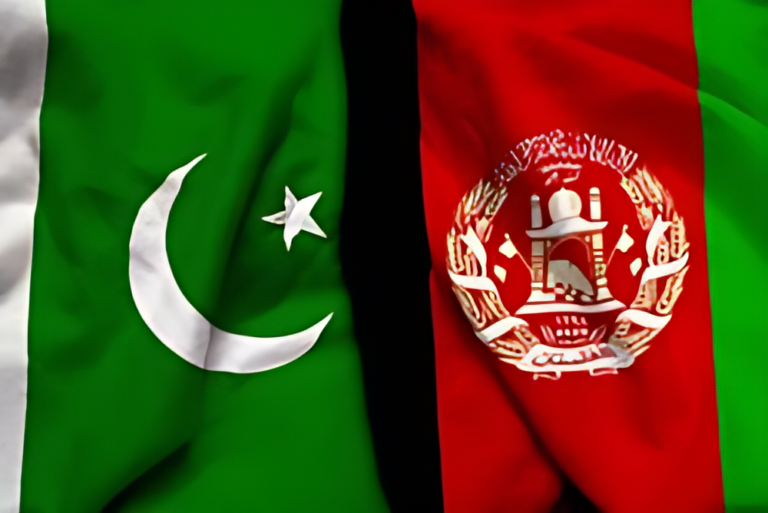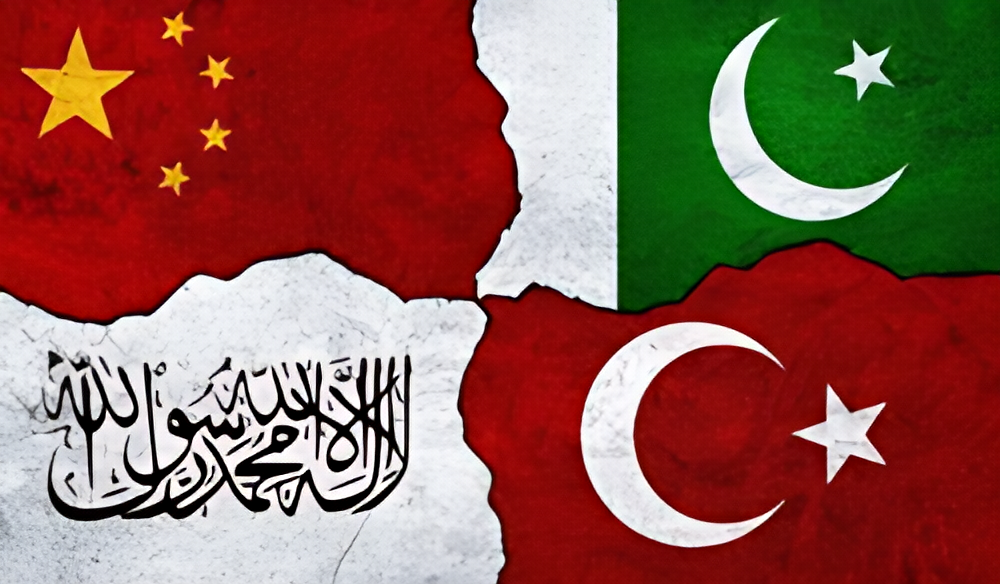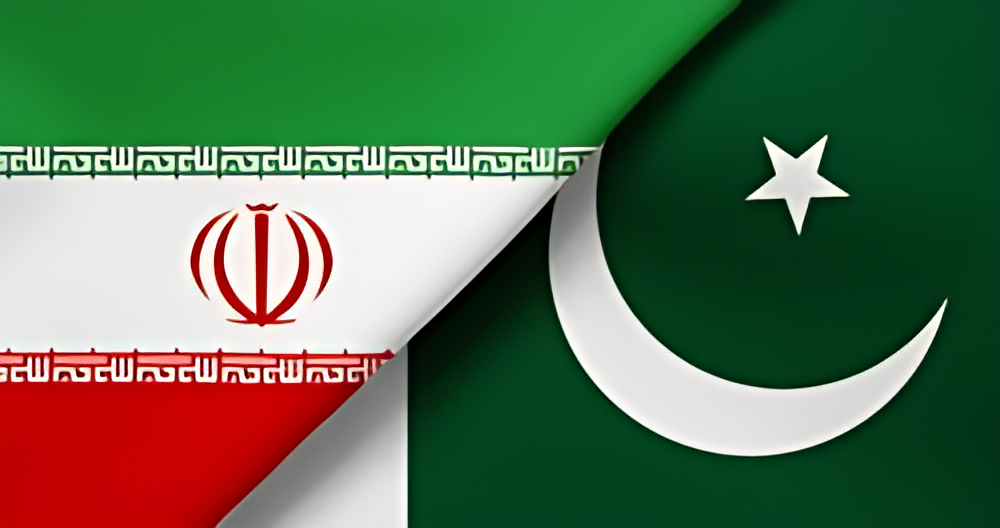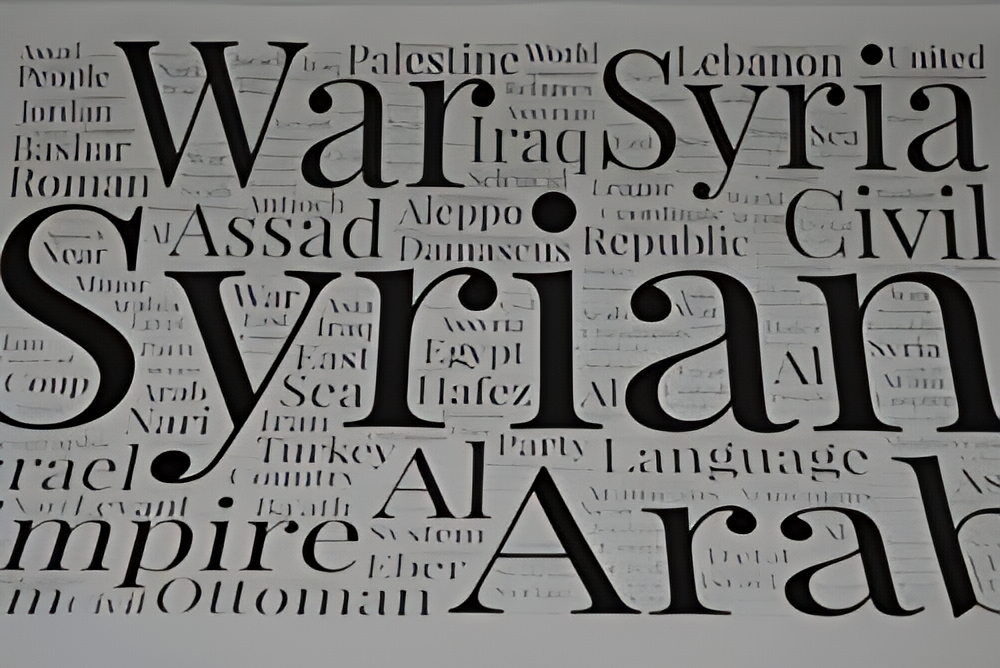Table of Contents
Pakistan’s Role in the Middle East: A Strategic and Diplomatic Overview
The region of the Middle East is a complex amalgamation of diversity, turmoil, and instability, and Pakistan holds a significant position within it. When analyzing Pakistan’s role in this area, it is useful to consider three key perspectives. Firstly, its strategic significance must be examined, followed by its diplomatic relations with neighboring countries, and finally its involvement in a variety of regional conflicts.

Pakistan’s Strategic Significance in the Middle East
Pakistan’s strategic location puts it in a unique and crucial position, acting as a linkage between South Asia and the Middle East. The country’s proximity to Afghanistan and Iran contributes to its regional influence, while its access to the Arabian Sea positions it as a gateway to the Gulf states and lucrative maritime routes.
Pakistan, a country that has established robust relationships with nearby Muslim nations such as Saudi Arabia and Turkey, has attained noteworthy strategic value. Cultural exchange and security measures comprise a few of the numerous initiatives that these countries have teamed up with Pakistan on over the years. Membership in the Organization of Islamic Cooperation has bestowed upon Pakistan an opportunity to team up with other Islamic countries in creating policies and sharing benefits.
Among nations with nuclear capabilities, Pakistan highlights its strategic significance. Its nuclear program is aimed at defending itself from India, a neighboring nation that it has a highly competitive relationship with. Although the program is primarily focused on India, it could have implications for the Middle East’s power and security structure at large.

Pakistan’s Relations with Neighboring Countries in the Middle East
Pakistan’s relations with its neighboring countries in the Middle East are complex and dynamic, as they are influenced by various factors, such as history, geography, politics, and religion.
One of Pakistan’s most important neighbors is Iran, with whom it shares a long border and cultural ties. Pakistan and Iran have had a cordial relationship since the creation of Pakistan in 1947, but they have also faced challenges due to their divergent interests and alignments. For instance, Pakistan and Iran have supported different sides in the Afghan conflict, with Pakistan backing the Taliban and Iran supporting the Northern Alliance. Moreover, Pakistan’s close relationship with Saudi Arabia, Iran’s regional rival, has also strained its ties with Iran.
Another neighbor that affects Pakistan’s role in the Middle East is Afghanistan, which has been plagued by war and instability for decades. Pakistan and Afghanistan have a complicated relationship, as they share ethnic, linguistic, and religious affinities, but also have disputes over their border and political influence. Pakistan has been involved in Afghanistan’s affairs since the Soviet invasion in 1979, providing support to various factions and groups. However, Pakistan’s involvement has also been criticized by some Afghan leaders and international actors, who accuse it of harboring and sponsoring militant groups that operate in Afghanistan.
A third neighbor that impacts Pakistan’s role in the Middle East is India, which is not part of the region but has significant interests and influence there. Pakistan and India have a hostile relationship since their partition in 1947, marked by wars, conflicts, and rivalry over various issues, such as Kashmir, terrorism, and water. Pakistan and India also compete for influence and allies in the Middle East, as they seek to enhance their economic and strategic interests. For example, India has developed close ties with Israel and Iran, while Pakistan has maintained strong relations with Saudi Arabia and Turkey.

Pakistan’s Involvement in Regional Conflicts in the Middle East
Pakistan has been involved in several regional conflicts in the Middle East, either directly or indirectly. Some of these conflicts are:
- The Arab-Israeli conflict: Pakistan has been a staunch supporter of the Palestinian cause since its inception. Pakistan does not recognize Israel as a state and has no diplomatic relations with it. Pakistan has also participated in several wars against Israel along with other Arab states. Moreover, Pakistan has provided humanitarian aid and political support to the Palestinians.
- The Gulf War: Pakistan was part of the US-led coalition that intervened in Kuwait to liberate it from Iraq’s invasion in 1991. Pakistan sent troops and aircraft to assist the coalition forces. However, Pakistan also faced criticism from some Muslim countries for siding with the US against Iraq.
- The Yemen crisis: Pakistan was asked by Saudi Arabia to join its military intervention in Yemen against the Houthi rebels in 2015. However, Pakistan declined to send troops or aircraft to Yemen due to its domestic opposition and concerns over its neutrality. Instead, Pakistan offered to mediate between Saudi Arabia and Iran to resolve the crisis peacefully.
- The Syrian civil war: Pakistan has adopted a neutral stance on the Syrian civil war that erupted in 2011. Pakistan has not taken sides with any of the parties involved in the conflict but has called for a political solution based on dialogue and respect for Syria’s sovereignty. Pakistan has also provided humanitarian assistance to the Syrian refugees.

Conclusion
Pakistan is a country that plays a vital role in the Middle East due to its location, ties with Muslim countries, and involvement in regional conflicts. Pakistan’s role in the region is influenced by its relations with its neighbors, especially Iran, Afghanistan, and India. Pakistan’s role in the region is also shaped by its strategic interests and challenges, such as its nuclear program and security threats. Pakistan’s role in the region is likely to remain significant and relevant in the future, as the Middle East continues to face uncertainty and change.
Stay informed and up-to-date by reading articles on Adsenator. Stay informed and up-to-date by reading articles on Adsenator
Exciting news! Fuzbuy, our latest project, is almost here. We’d love your support as we prepare to launch. Visit our website now and join us on this journey. Together, we can make Fuzbuy a success.